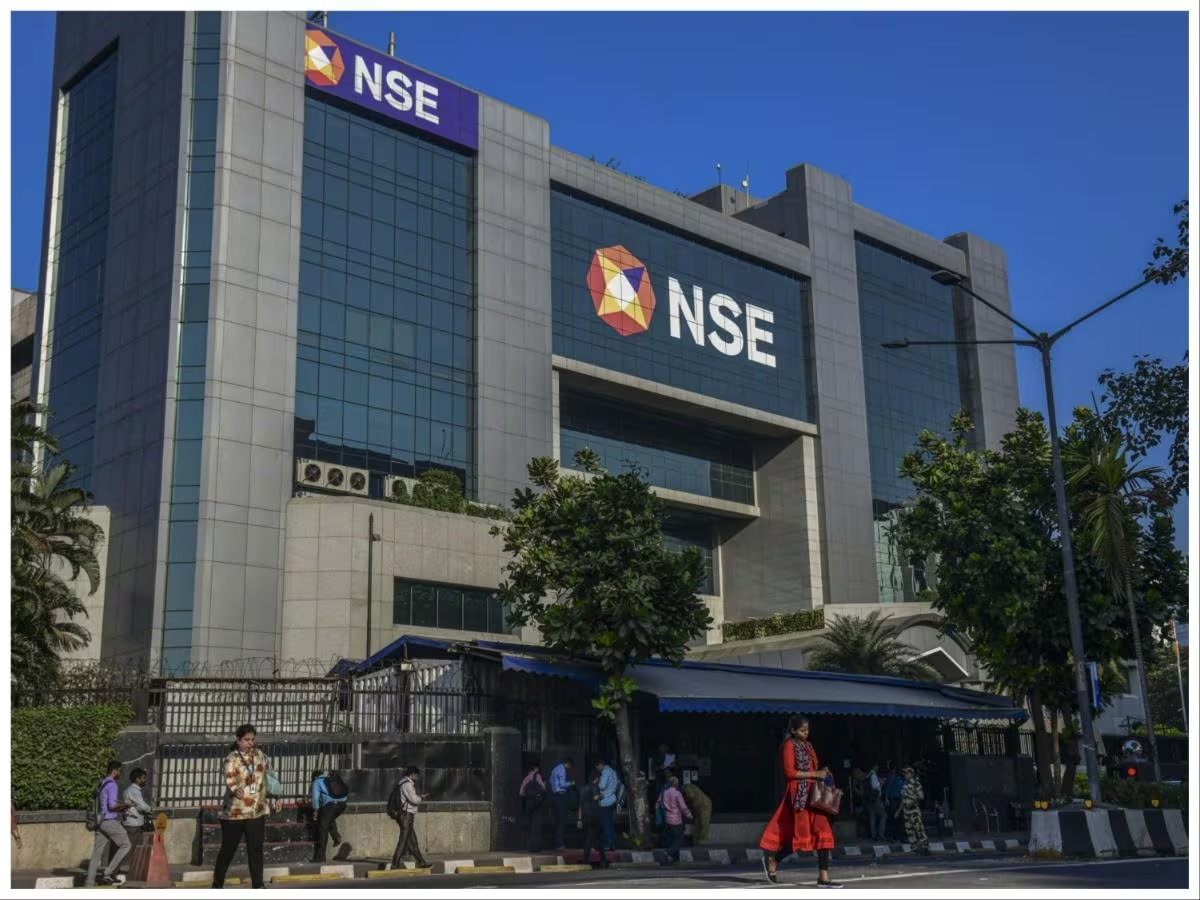The week ending August 30, 2024, proved to be a tumultuous period for Indian stock markets, as both the Bombay Stock Exchange (BSE) and the National Stock Exchange (NSE) navigated through a landscape of economic uncertainty and market volatility. Investors were met with a blend of domestic economic indicators and global geopolitical tensions that significantly influenced market dynamics. This analysis delves into the key movements, sector performances, and underlying factors that shaped the trading environment during this week.
BSE Overview
The Bombay Stock Exchange (BSE) experienced notable fluctuations throughout the week, reflecting a broader market sentiment fraught with uncertainty. The BSE Sensex, the index of blue-chip stocks, began the week at 65,825 points but ended at 64,980 points, marking a decrease of approximately 1.3%.
Performance Highlights:
- Weekly Movement: The Sensex’s decline was influenced by several factors, including rising global oil prices and domestic inflationary pressures. These factors, coupled with concerns about potential interest rate hikes by the Reserve Bank of India (RBI), contributed to the market’s downward trend.
- Sector Performance: The IT sector faced a downturn as investors engaged in profit-booking amid global spending concerns. Conversely, the pharmaceuticals sector saw a modest rise, driven by positive regulatory news for major drug companies.
- Key Drivers: Oil price increases and RBI’s hints at tightening monetary policy played pivotal roles in shaping market sentiment. The combination of these factors led to cautious trading and increased market volatility.
Notable Stocks:
- Top Gainers: FMCG giants such as Hindustan Unilever and Nestlé India stood out with positive performances, underpinned by robust consumer demand.
- Top Losers: Major IT firms like Infosys and Tata Consultancy Services experienced declines due to market corrections and cautious outlooks on global IT spending.
NSE Overview
The National Stock Exchange (NSE) followed similar trends to the BSE but exhibited some distinct sectoral responses. The Nifty 50 index, a key benchmark, opened at 19,782 points and closed at 19,600 points, reflecting a decrease of about 0.9% for the week.
Performance Highlights:
- Weekly Movement: The NSE’s performance mirrored the BSE’s volatility, with significant pressure on the financial services sector, particularly banks. This was due to concerns over tightening monetary policies and associated credit risks. However, the consumer goods sector remained relatively stable, supported by steady domestic consumption.
- Sector Performance: While the financial sector faced headwinds, sectors like consumer durables experienced gains, reflecting seasonal demand increases.
- Key Drivers: Geopolitical uncertainties and fluctuating global markets contributed to the volatility observed on the NSE. Additionally, domestic macroeconomic data, including PMI and industrial production figures, added to the overall market caution.
Notable Stocks:
- Top Gainers: Companies in the consumer durables sector, such as Titan Company, benefited from seasonal demand boosts.
- Top Losers: Major banking stocks like HDFC Bank and ICICI Bank saw declines due to apprehensions regarding potential regulatory changes and interest rate hikes.
Market Sentiment and Outlook
The Indian stock markets were marked by a cautious and volatile sentiment throughout the week. Investors remained vigilant, closely monitoring both domestic economic indicators and international developments. With forthcoming economic data releases and corporate earnings reports on the horizon, market participants are expected to stay attuned to potential shifts that could influence the market’s direction.






